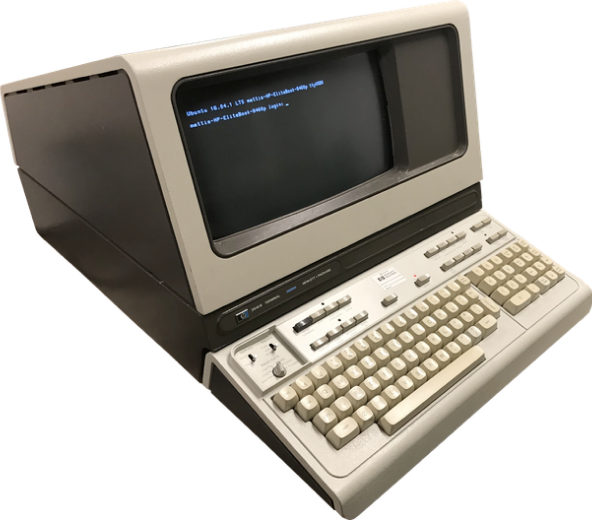
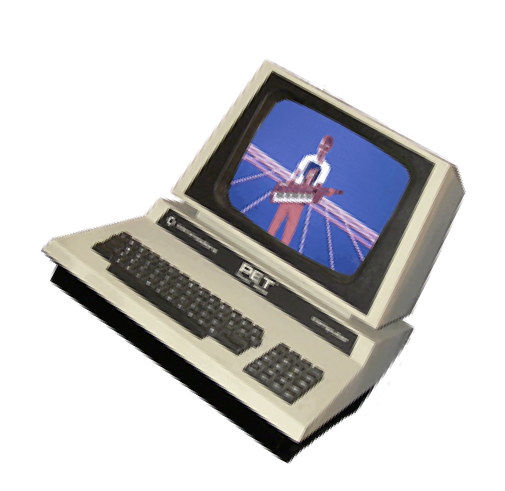
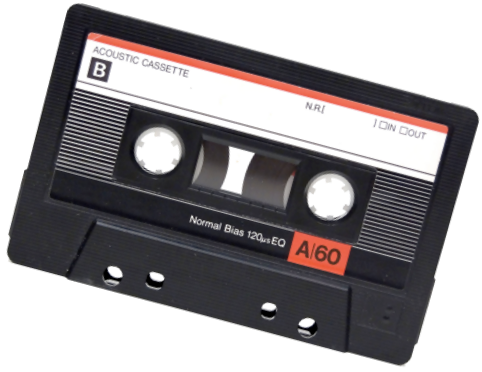
Igniting ideas for better education
June 26-28



Igniting ideas for better education
June 26-28
HACK-ED is (Hack for Education) is an initiative to bring bright minds from around the world together, to collaboratively innovate solutions for today's educational challenges. We believe technology with design thinking can enable faster and successful learning for the next generation of leaders and engineers. Join us as we unlock the possibility of digital learning.

CEO, Teach for Nepal
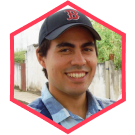
Innovation Hub
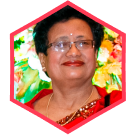
Former Professor, IOE
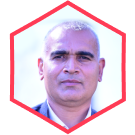
Dean, School of Science, KU

Media Personality
Cash Prize
For the Best Product
We want to develop an app, a kind of portal that will include activities for Science, Maths, and English for each chapter using low cost and zero cost materials. The app will also include activities and resources for teachers to conduct sessions on design thinking, observation skills, creativity, communication skills among others.
Kumod Kumar Sah, Nanshu Pokharel, Sita Thapa, Niraj Mishra and Santosh Prasad Sah
One of the major problems with e-learning platforms is the inability to track student behavior during online classes. So we built a mechanism that checks and analyzes the presence of the student and his behavior while studying online. Through this app, we are trying to incorporate the presence and behavior of the student checking component with Artificial Intelligence and Machine Learning on the e-learning platform.
Bibek Lama, Roshan Gurung, Sasmita Gurung, Rijen Manandhar and Ishika Pradhan
Our idea is to develop a Mobile application for kids including the feature of drawing/ sketch recognition model with some basic Maths and English Alphabet Training. Our app will address the creative vision of a child’s minds through drawing and also help them to train themselves in general Mathematics and English Alphabets.
Anish Maharjan, Gaurav Pandeya and Mausam Adhikari
Student engagement is a major issue in education in the current context of online education. One of the major problems is that students aren't able to focus on their classes, and it is easy to get distracted especially when classes are online. To solve this, we aim to make interactive games that incorporate the current subject that is being taught. We will be focusing on 2 or 3 subjects and build related games to a topic in the subject in question. Furthermore, the teachers will get generated reports of the activity of each student in the game.
Samreen Malla, Kajal Maharjan, Dipendra Shrestha, Dinank Bista, Prabesh Dahal and Poonam Pahari
The problem we are trying to tackle is the lack of equitable access to knowledge. We want to build a crowdsourced platform for knowledge sharing accessible through multiple channels, with the features of Q&A crowd-sourcing, call for an answer, ask a teacher virtually, schedule an in-person session with a teacher/trainer/expert.
Bikash Gurung, Akash Rai, Pasang Dorje Lama, Rishma Maharjan, Nora Asha Gurung and Swapnil man Joshi
Child mental health is an important issue and that's where we've planned to work on. We are planning to develop a tool that can help in the early-stage-diagnosis of some child learning disabilities. The tool will consist of a chatbot embedded with an analysis system. So first it'll go through the child's performance database, marks the database for now. And then study marks, based on which it will ask questions to respective students and then analyze it with NLP to give assumptions. These assumptions can then used by professionals for a further complete diagnosis.
Suraj Jha, Saurav Niraula, Manisha Karki and Ashish Bhattarai
A platform to connect graduating students with mentors and companies to get ready for industry. It bridges the gap between Academics and Industries providing various opportunities to students so that they can be well-groomed and competent enough to work in the professional environment.
Aashish Manandhar, Samit Ghimire, Nirdosh Gautam, Basanti Neupane and Madiuri Shrestha
We are working on a new online learning model. With this app, we can now leverage AI to help students learn better and keep him/her more engaged without having to manually generate content. Our content will be generated by teachers worldwide because they're paid by the school too. It will have features of bite-sized data creation, sharing, AI integration for recommending content, student tracking, analytics, etc.
Sammelan Yogi, Prajjwal Uprety, Nirav Nikhil Baral and Anoj Banjara
Traditional teaching methods are fairly limited to 2D images (often black and white) and short texts. For this hackathon, we want to create an AR experience that can be used in and outside the classroom for children. We will divide AR experiences into three categories, biology, astronomy, and places of Nepal. Our app will focus on interactivity, online/offline integration, and personalized feedback for children's development.
Saurav Bajracharya, Niladri Parial, Bobby Basnet and Sajesh Khadgi
The process of imparting knowledge is limited to whiteboards, 2D images and videos, and flat projection, which might be hindering the pace of learning. We have come up with a solution to restructure our current pedagogical model by adapting the means of VR technology. This platform helps in solving perplexing and difficult subject matters which arise in traditional teaching methodology via immersive interactive 360 VR Experiences.
Avinash Gyawali, Utsav Chaudhary and Bigyan Kumar Piya
A media platform where kids can watch and teachers can create short educational videos with a limit of 15 seconds. The 15 secs limit will force the teacher to be creative and send the information in a short span but with more impact. Our platform will contain a feed of 15 secs informational and interactive videos where kids can scroll through, have fun, and in the process learn something new. Tutors will have a mechanism to record bite-sized videos more like how TikTok lets user record videos.
Pratish Shrestha, Robus Gauli, Prabesh Shakya and Sagun Karanjit